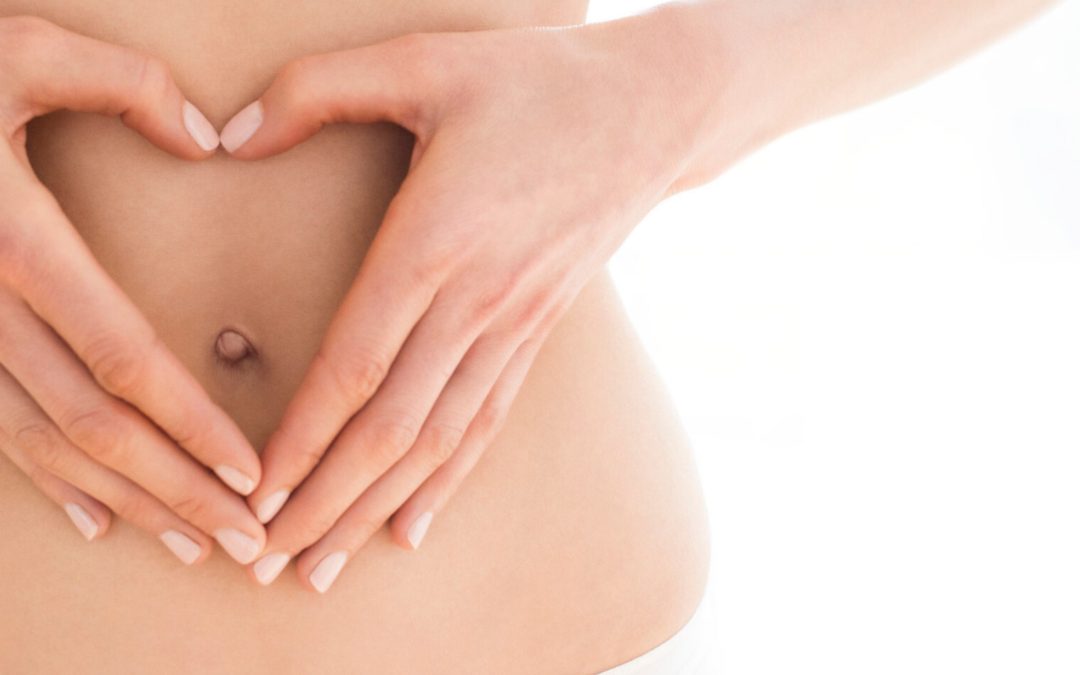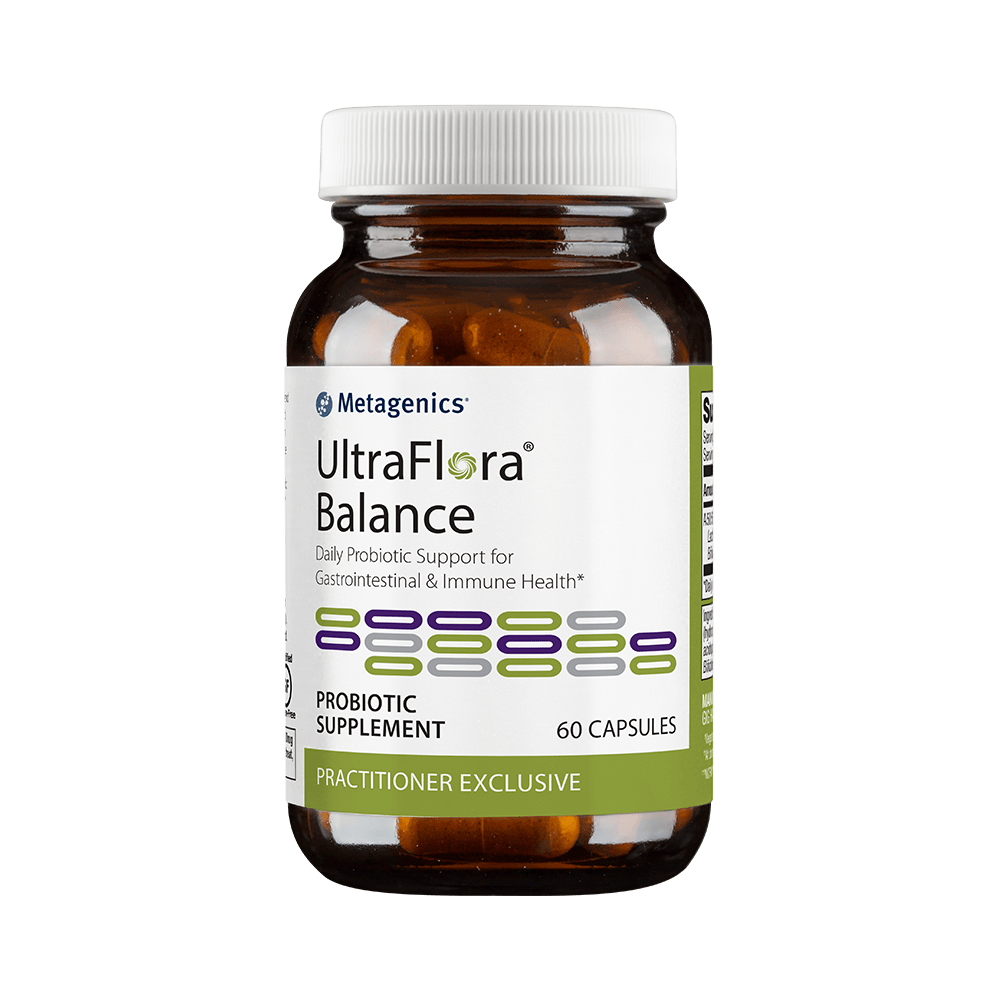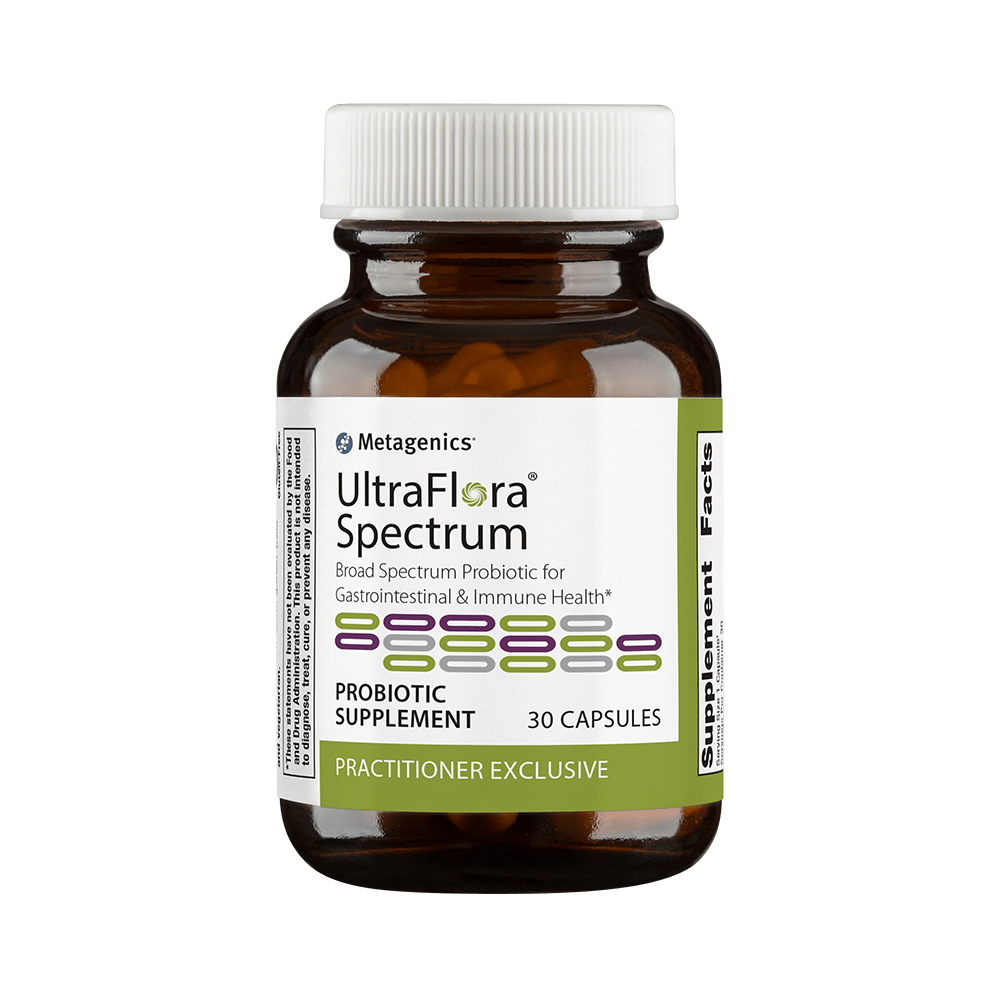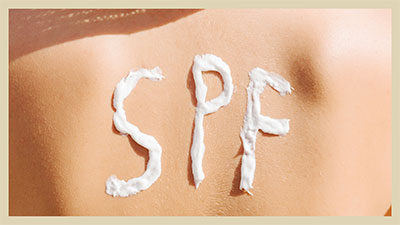It does more than just keep your gut healthy.
The Philippine General Hospital (PGH) just recently released a diet guide for COVID-19 frontline workers. One of the recommendations was to maintain gut health with the help of both probiotics and prebiotics.
“Probiotics are foods or supplements that contain live microorganisms intended to maintain or improve the “good” bacteria (normal microflora) in the body. Prebiotics are foods (typically high-fiber foods) that act as food for human microflora. Prebiotics are used with the intention of improving the balance of these microorganisms,” according to the Mayo Clinic.
You’ve probably already heard about probiotics even prior to the pandemic. Like “superfoods,” “organic,” and “free-range”, “probiotics” has become a health buzz word, in turn giving rise to the popularity of fermented foods rich in probiotics like kombucha, kimchi, and kefir and bringing them into the mainstream diet.
Prebiotics, the lesser talked about cousin of probiotics, may lack the PR power of the latter, but is no less important in keeping your gut healthy. As the Mayo Clinic pointed out, probiotics are live microorganisms that assist normal microflora while prebiotics serve as the food for these microflora. The two work hand in hand.
Related: Here Are Some of the 10 Best Zinc-Rich Dietary Sources
For the purpose of brevity though, we’ll focus on probiotics in this article. Below, we list down the reasons why you should probably start adding probiotics in your diet. Yes, it helps keep your digestive system healthy, but there are also other health benefits you may not have been aware of.
It’s Good for Your Gut
The primary benefit of probiotics is gut health. According to Medicine Net, studies have revealed that the benefits of probiotics include treatment of infectious diarrhea, antibiotic-associated diarrhea, irritable bowel syndrome or IBS, abdominal pain, and bloating among other gastrointestinal conditions.
WebMD notes, “When you lose ‘good’ bacteria in your body, for example after you take antibiotics, probiotics can help replace them.” Additionally, “They can help balance your ‘good’ and ‘bad’ bacteria to keep your body working the way it should.”
It Boosts Your Immunity
Another well-known benefit of probiotics is how it can positively impact immune function. Harvard Health Publishing says that gut microbes in the lower intestinal tract not only helps you digest food and fight off harmful bacteria, it also regulates the immune system. Aside from preventing diarrhea caused by antibiotics, probiotics may also reduce the number of colds you get in a year.
Related: Here Are 7 Simple Ways You Can Boost Your Immunity During Lockdown
“When the gut becomes unbalanced with unhealthy levels of certain bacteria, probiotics can help restore the balance. They’ve been shown to secrete protective substances, which may turn on the immune system and prevent pathogens from taking hold and creating major disease. But we are still learning to understand how probiotics may promote health,” adds Harvard Health Publishing.
Healthline also mentions that studies have shown how probiotics can promote the production of natural antibodies and reduce the likelihood and duration of respiratory infections, especially in children.
It May Help Improve Mental Health
Although research is still ongoing, Harvard Health Publishing says that there’s growing evidence of a connection between mental health and gut health, and that probiotics may help boost mood and cognitive function and lower stress and anxiety.
Related: Is stressing out about COVID-19 causing your breakouts?
And similar to the benefits of probiotics to the immune system, this is also especially relevant these days. The World Health Organization and the CDC in the US have acknowledged and addressed that stress and anxiety caused by COVID-19 can negatively affect mental health.
So how does probiotics affect your mood? Harvard Health Publishing explains that the brain and the gut are connected through biochemical signaling between the nervous system in the digestive tract, and that the gut produces a number of the same neurotransmitters the brain does, including the mood-regulating serotonin, dopamine, and gamma-aminobutyric acid.

“What affects the gut often affects the brain and vice versa. When your brain senses trouble—the fight-or-flight response—it sends warning signals to the gut, which is why stressful events can cause digestive problems like a nervous or upset stomach. On the flip side, flares of gastrointestinal issues like irritable bowel syndrome (IBS), Crohn’s disease, or chronic constipation may trigger anxiety or depression,” explains Harvard Health.
It Helps Prevent Vaginal Infections
According to an article in health.com, the vagina requires a delicate balance of microorganisms that work to maintain the right pH balance. And although the vagina is generally self-cleaning and autocorrects any changes in its pH, there are instances when the balance is thrown off, making you susceptible to yeast infections, UTI, bacterial vaginosis, and even STDs.
The article goes on to say that studies have shown that certain probiotic strains (i.e. Lactobacilli) can help restore the balance if, for some reason, “the vagina is depleted of certain normal bacteria.” So if you suffer from recurring vaginosis or yeast infection, taking probiotics regularly may help address these concerns.
Sources of Probiotics
Aside from the aforementioned kombucha, kimchi, and kefir, other sources of probiotics include yoghurt, certain aged cheeses like cottage cheese, mozzarella, and cheddar, as well as sauerkraut, miso, and pickles.
You can also get your daily dose of probiotics from supplements. But before you start taking any dietary supplement, it’s best to consult a health practitioner if it’s safe for you to do so. You may also ask which probiotic supplement is best for whatever health concern you would like to address, as some health issues may require specific strains of probiotics.
Metagenics UltraFlora Balance, P2,600
It contains 15 billion CFU of viable pure strains of L. acidophilus and B. lactis Bi-07, good bacteria that have been proven to support healthy intestinal flora and immune health. Check out this product here.
Metagenics UltraFlora Spectrum, P3,000
It contains 30 billion CFU of a proprietary blend of seven beneficial probiotic strains: Saccharomyces boulardii, Bifidobacterium lactis Bi-07†††, Lactobacillus plantarum Lp-115, Lactobacillus salivarius Ls-33, Lactobacillus acidophilus NCFM†††, Streptococcus thermophilus St-21,Bifidobacterium lactis Bl-04. It provides broad-spectrum support for both upper and lower GI tract for digestive and immune health. Check out this product here.
Dr Maximin Navarro, Fellow of the Philippine Dermatological Society, functional medicine practitioner, and co-founder of Bella Pelle Philippines, says, “Metagenics Ultraflora Balance and Metagenics Ultraflora Spectrum differ in the number of strains: Ultraflora Balance contains two strains of probiotics while Spectrum contains seven strains.”
If you want to know which one to take, Navarro says it depends on your need and what health condition you are trying to address. “Choose a probiotic strain based on the desired health benefits. The genus, species, and strain of probiotic will determine the effect on your health. Your doctor should be able to tell you which one you need.”
For more beauty and skincare tips, subscribe to our newsletter:
Related Reads:














